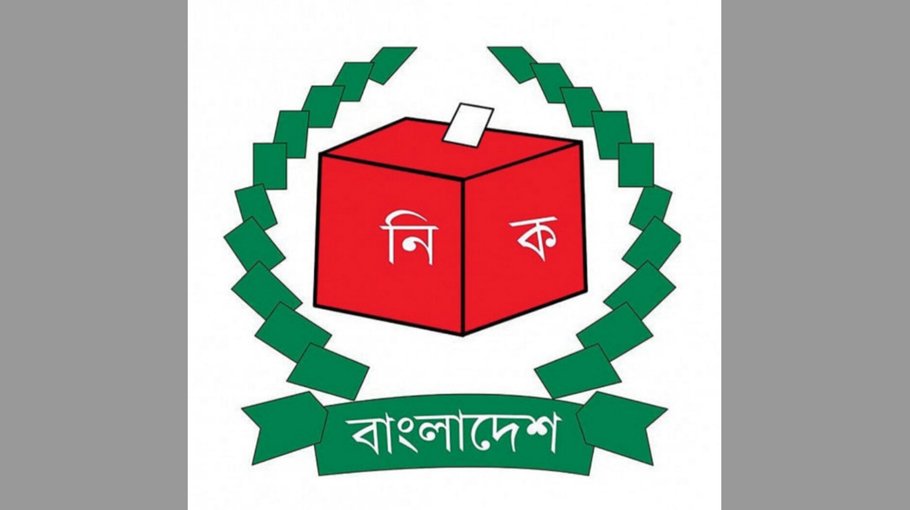Upholding Sovereignty: Defying Foreign Interference in Bangladesh's Election

Following Bangladesh's 12th legislative election, there has been a surge of deliberate and prejudiced remarks from different foreign institutions and groups, which the world community has witnessed. The proclamations, which claim to be intended to guarantee a democratic and trustworthy voting process in the nation, have caused concern among the perceptive residents of Bangladesh. It is crucial to acknowledge that the citizens of Bangladesh, despite external influences, have consistently rejected these international declarations and, instead, used their democratic prerogative to choose the future of their country.
Foreign intervention in the election processes of independent states is a sensitive issue that necessitates subtlety and adherence to the ideals of sovereignty. When foreign nations and organizations provide advise and comments on the election processes of other nations, it is important to carefully examine their underlying goals and any biases that might impact these pronouncements.
Regarding Bangladesh's recent parliamentary election, it is clear that several international entities have acted beyond the limits of diplomatic decorum. Instead of objectively evaluating the political situation, several foreign institutions seem to have predetermined ideas and prejudices that have influenced their views. These inclinations not only weaken the honesty of the democratic process but also jeopardize the independence of the nation.
Even after the election, several countries have expressed concerns about the entire voting process, describing it as lacking in both freedom and fairness. This is despite the widespread contentment voiced by both local and global election observers. Without a doubt, the unforeseen nonattendance of the Bangladesh Nationalist Party (BNP) from the election was a remarkable twist of events.
Nevertheless, it is imperative to recognize that the BNP's choice to abstain from participating in the election was a purposeful one. Instead of engaging in the democratic process, they chose to utilize violent strategies, such as orchestrating hartals and blockades, and even resorting to arson, resulting in the unfortunate fatalities of several innocent persons who had no political connections.
It is disappointing that despite these morally wrong activities, many foreign actors have chosen not to criticize the opposition for their extremely cruel deeds. The absence of censure raises concerns regarding the coherence and impartiality of the international community's reaction to such flagrant disdain for democratic principles and the well-being of innocent civilians.
The citizens of Bangladesh have exhibited their endurance and dedication to democratic principles by rejecting outsider intervention and expressing their opinions through the electoral process. Amidst the multitude of divergent viewpoints from abroad, Bangladeshi individuals have placed utmost importance on their evaluations of the political environment and chosen their representatives based on their comprehension of domestic matters and ambitions.
The citizens of Bangladesh have exhibited their endurance
and dedication to democratic
principles by rejecting outsider intervention and
expressing their opinions through the
electoral process
This refusal to accept foreign intervention does not indicate a rejection of international collaboration or involvement. Bangladesh, like other nations, highly regards its position in the global world and embraces productive discourse. Nevertheless, such interaction must be carried out with reciprocal regard and an authentic dedication to comprehending the distinct circumstances of each country's democratic procedures.
As Bangladesh plans for its future, it is crucial for the international community to deeply consider the consequences of their words and deeds. The notion of upholding the sovereignty of nations is a fundamental cornerstone of international relations, and this principle must remain uncompromised. Meddling in the domestic affairs of any nation not only endangers the fragile equilibrium of diplomatic relations but also presents a significant menace to the democratic values that these foreign institutions claim to uphold.
Respecting sovereignty is not only a polite diplomatic gesture but a fundamental basis for maintaining stability and cooperation among nations.
All nations, regardless of their size or geopolitical prominence, possess the inherent right to self-determination and the capacity to determine their futures. When foreign entities exceed these limits and try to influence domestic matters, they run the danger of causing conflict and undermining the trust that is essential for successful international relations.
The recent occurrences pertaining to the election in Bangladesh have acted as a clear indication that democratic procedures are intricate and subtle. They have a profound and enduring presence inside the cultural, historical, and socio-political framework of each nation. Passing judgments without a thorough comprehension of these complexities not only demonstrates a lack of diplomatic tact but also poses the danger of propagating misconceptions that might have significant and long-lasting repercussions.
Furthermore, meddling in a country's domestic matters might unintentionally fuel the division of political environments. In the context of Bangladesh, the non-participation of the Bangladesh Nationalist Party (BNP) in the election and their subsequent disruptive strategies underscore the vulnerability of the democratic process when influenced by external forces. This highlights the necessity for the global community to handle such circumstances with prudence and a keen understanding of the possible consequences on a country's internal dynamics.
As we promote democracy internationally, it is important to remember that democracy is not just about voting, but also about protecting the ideals that ensure the rights and independence of every country. By upholding the autonomy of countries, the global community may aid in establishing a more secure, equitable, and collaborative global framework in which democratic principles are maintained without concession.
Ultimately, the 12th parliamentary election in Bangladesh has demonstrated the unwavering will of its inhabitants to withstand foreign influences. The refusal of deliberate and prejudiced foreign pronouncements highlights the dedication of the populace to shape their political fate. In the future, the international community needs to approach the democratic processes of independent countries with modesty, admiration, and a sincere aspiration for mutual comprehension.
The writer is a Professor in the Department of Public Administration at the
University of Rajshahi.



